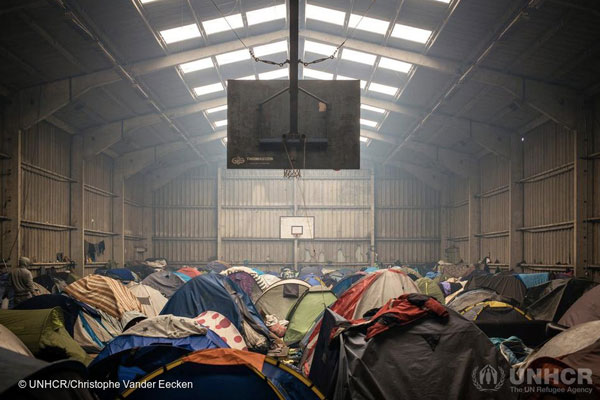A year after the creation of the European Trust Fund for Africa – where are we at now?

One of the main outcomes of the Valletta Summit which was held in November 2015 and which brought European and African leaders together to tackle the issue of migration from Africa was the implementation of a European Trust Fund for Africa (EUTFA). The Trust Fund would be an “innovative mechanism to pool large resources from different donors” and “it will benefit a wide range of countries across Africa that encompass the major African migration routes to Europe”. Furthermore, the declared aim of the Trust Fund is to “foster stability in the region and contribute to better migration management”[1]. On Wednesday 14th September, the President of the Commission Jean-Claude Juncker made an explicit remark about the Trust Fund for Africa during his annual speech on the State of the Union, before the members of the EU Parliament in Strasbourg. But what is the current condition of the EU Trust Fund for Africa a little under a year since its launch?
In fact, on September 13th 2016 a fairly large majority of members of the European Parliament adopted a report dealing, quite critically, with the EU Trust Fund for Africa. The report touches upon several elements that are of concern for the EU lawmakers.
First of all, it raises concern about budgetary issues. As agreed in Valletta, the EUTFA should amount to 1.8 billion euros but to date the EU Member States’ contributions have only managed to reach 81.71 million euros, which represents a meagre 4,5% of the projected total amount. Importantly, the report stresses the risk that the EU runs in reducing development aid funds to less developed countries (LDCs), which could be negatively affected by the redistributions of the Trust fund among the African countries according to the “migration” priority.
Particular stress is put on the importance of involving African local civil society organizations, NGOs and international organization as much as local authorities and governments in the management of the received aid in the recipient African country. This approach could work at the same time as counterbalancing against the complete arrogation of funds by the African governments (and their potential misuse), and could stimulate bottom-up and people-/community-centred projects aimed at creating longstanding solutions in the country of implementation.
Finally, the report calls for a strong European commitment to respecting human rights throughout the assignment and implementation phases of the EUTFA and to set a thorough and transparent control mechanism on the use of the fund. Concerns are raised about the potential contradictions between development aims and security, humanitarian and migration policy, and a major final call addresses the need to work on the long-term objectives of ensuring peace and strengthening governance in recipient countries.
The message sent by President Juncker during his State of the Union Speech was one of renewed commitment and compelling need for action. Will the implementation of the EU Trust Fund for Africa reflect and welcome the criticism posed by the EU Parliament report?
[1] European Commission, “A European Agenda for Migration. 2015 Valletta Summit on Migration”, November 2015.




